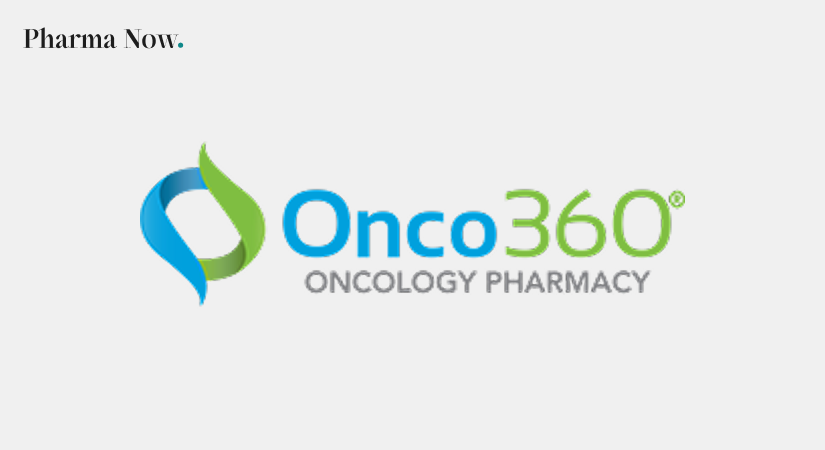Onco360 Selected By Kura Oncology As Pharmacy Partner For Komzifti™ To Treat Adult AML Patients With NPM1 Mutation
Onco360 is selected by Kura Oncology as a pharmacy partner for Komzifti, a new menin inhibitor therapy for relapsed or refractory AML with NPM1 mutation.
Breaking News
Nov 18, 2025
Simantini Singh Deo

Onco360®, one of the nation’s leading independent specialty pharmacies, has been selected by Kura Oncology as a pharmacy partner for Komzifti™ (ziftomenib). Komzifti is approved for the treatment of adult patients with relapsed or refractory acute myeloid leukemia (AML) who have a susceptible nucleophosmin 1 (NPM1) mutation and have no satisfactory alternative treatment options. This approval was based on data from the Phase II KO-MEN-001 study.
Benito Fernandez, Chief Commercial Officer of Onco360, stated that Komzifti provides a new treatment option for adults with relapsed or refractory AML who have limited alternatives. He emphasized that the partnership with Kura Oncology will help ensure patients and their caregivers have access to this therapy and receive support throughout their treatment journey.
Komzifti is a menin inhibitor that blocks the interaction between menin and lysine [K]-specific methyltransferase 2A (KMT2A). By disrupting this protein-protein interaction, Komzifti inhibits the oncogenic activity of mutant NPM1, promoting the differentiation of leukemic cells, which is reflected in increased expression of differentiation markers. Approximately 30% of AML patients carry the NPM1 mutation.
The efficacy of Komzifti was evaluated in an open-label, single-arm, multicenter trial (Study KO-MEN-001, NCT04067336) involving 112 adult patients with relapsed or refractory AML who tested positive for the NPM1 mutation using next-generation sequencing or polymerase chain reaction. The study showed a complete remission (CR) plus CR with partial hematologic recovery (CRh) rate of 21.4% (95% CI 14.2, 30.2).
The most common adverse reactions observed in the study, occurring in 20% or more of patients, included increased aspartate aminotransferase, infections without an identified pathogen, decreased potassium, decreased albumin, increased alanine aminotransferase, decreased sodium, increased creatinine, increased alkaline phosphatase, hemorrhage, diarrhea, nausea, fatigue, edema, bacterial infection, musculoskeletal pain, increased bilirubin, differentiation syndrome, pruritus, febrile neutropenia, and elevated transaminases.
